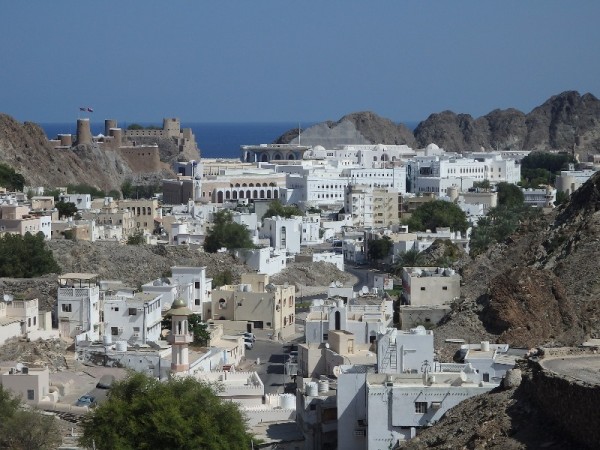A young newspaper reporter in a small American town got a tip from a police source that officers were about to raid an abandoned rail passenger wagon known for being an underground hangout for small-time drug users and gay men.
Photos of several men being arrested and booty from the raid – including marijuana cigarettes – ran on the front page of the next day’s paper. Big news in a small town, especially when one of the men photographed was a school teacher.
But public outrage hit the newspaper like a tsunami. It was accused of corrupting morals and peddling pornography (a couple of the handcuffed men were shirtless). Under siege from angry readers, the reporter started having regrets that his shallow, font-page splash had caused a public storm over private behaviour that was really no one’s business.
I know because I was the journalist. And I realised that I had missed the real story that day: why these men hid in a decrepit railway wagon because they lived in fear of expressing their feelings openly. Sure, a few broke the drug laws and probably deserved to be hauled into court. But most were charged with “loitering” or “public nuisance” and spent a few hours in jail before they fessed up to petty crimes and were sent home to face their families and public scorn at church or in the supermarket because of their sexual orientation. The teacher would later pay with his job – fired for “indecency” or some other trumped-up charge.
I remember this because it taught me to never neglect the victim’s side of a story. Still, I was lucky because my editor and newspaper defended my work, and supported me when I went on to write an in-depth story about the discrimination faced by gays and lesbians in the community.
There are journalists who are not as fortunate as I. In Russia, reporters and bloggers never have an easy time in an environment where fluff has replaced sound news at all but a few of the most fearless independent news organisations. The word has gone out that a public conversation on the rights of homosexuals will not be tolerated in Russia, whether from journalists in the newsroom or demonstrators in the streets.
And now I see that the publisher of the The Week newspaper in Oman was forced to apologise for printing an article on discrimination against gays and lesbians. The front of its Internet and print edition carried this message: “The Week places on record that there was never any intention to knowingly or unknowingly cause harm, offend or hurt the sentiments of the people with our article last week, and we deeply and sincerely regret the article. The Week issues a public apology to our readers whose opinion we respect.”
The apology does not cite a specific article, but it is clear it refers to a story (removed from the website under pressure from the government and religious leaders, though republished by bloggers) on Oman’s closeted gay and lesbian community. The story protects the names of sources and is backed up by professional analyses and interviews. Far from being offensive, the article treats a difficult topic in a conservative society with sensitivity and professionalism.
Granted, sexual preference, like faith and race, are never easy subjects to cover. Editors have to weigh local values while also being fearless in reporting about the marginalised or abused in their communities. Every year, IPI has honoured as World Press Freedom Heroes journalists from around the world who do just that, being vigilant in exposing injustice, corruption or discrimination despite government or social obstacles.
I give credit to journalists at The Week for doing what I at first failed to do nearly 30 years ago, broaching a sensitive but nonetheless newsworthy topic. What a pity that Oman’s government doesn’t have their courage and respect for freedom of expression.
tspence[@]freemdia.at

